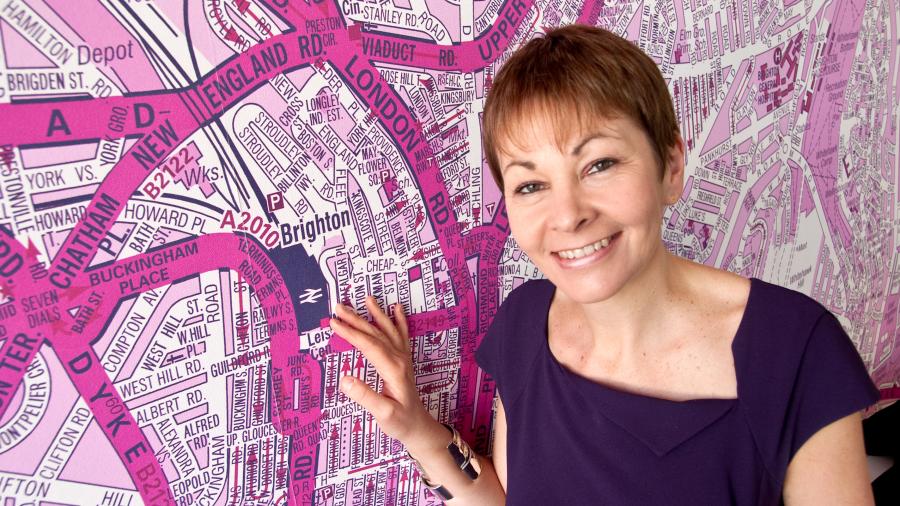In recent weeks I’ve received multiple messages from concerned residents and community groups about proposed cuts in Brighton and Hove City Council’s annual budget, which councillors will vote on at a meeting later today. If you want to follow, you can do so online here.
Firstly, it feels important to note that I recognise that the Labour administration face some incredibly difficult choices. All councillors, from all political parties in the city, should be united in highlighting where the real fault lies for the impossible budget setting task that lies ahead: with the Government. Let’s make no mistake, after 14 continuous years of devastating Conservative cuts to local authority funding, there is no fat left to trim, and we are all left feeling the impact in the services we receive.
After being elected in 2010, the George Osborne and David Cameron duo took a wrecking ball to local government finance, and successive Prime Ministers and Chancellors since have finished the job. With one in five councils saying they are at risk of bankruptcy, the legacy of the Government's ideological austerity agenda is very real and very much being felt up and down the country.
Locally, Brighton and Hove has its first majority administration in more than a decade. What this means in reality is that the Labour Council has enough councillors of its own to pass the budget, without having to rely on support from other parties to get the numbers to vote it through. In recent years, minority administrations, like the Greens, were only able to pass a budget if they had enough votes from opposition parties as well.
Whilst being a majority administration might sound like great news for Labour councillors, who can essentially pass whatever decisions they like tonight, it does still come with the huge responsibility of setting the best budget possible for the city. Irrespective of whether a council administration hold a majority, it’s vital that elected representatives do not forget the people they are elected to serve, and that they remain open, and willing, to listen to the feedback they receive, and to do what they can to reflect this in the decisions they make.
So I very much hope that they’ll be listening to those residents making it clear to me that plans to cut funding for domestic abuse charity Rise need to be rethought, and to the excellent Voluntary and Community Sector, who are shining a light on those contentious aspects of the budget which will hit our communities hardest.
Ahead of the local elections in May 2023, residents were promised that “Labour will listen to residents and businesses to find the best ways forward, working with and in our communities to help us make the very most of what we have.” Setting the budget is a key test of this promise.
Amendments put forward by Green councillors respond to many of the key issues that community groups and residents have been lobbying on in the short time since Labour published their draft budget papers a few weeks ago. Green amendments include reversing the cuts to funding for prevention of male violence against women and girls; reducing the proposed cut to Third Sector Commissioning; saving the 79 bus route; protecting the city’s only Disability Advice Centre and the Outreach Service for Young People with Disabilities; and reducing proposed cuts to third party Hate Crime reporting centres and to the city’s Communities Fund.
If Labour doesn’t choose to back these, it also has the opportunity to amend its own budget.
This time last year a Green minority administration was in the position of overseeing the budget. They too had to bring forward proposals in the unenviable context of growing demand for services coupled with ever shrinking funds from central Government. As a result, some of their proposals were contentious too. But they shared them in good time to allow engagement with the community and made changes once the Government’s financial settlement was announced and it was clear how much funding would be available. I especially welcomed their decision to hear people’s concerns and do what they could to protect toilet provision, and to pause plans to close Bright Start nursery whilst alternative solutions could be found. Was it a perfect budget? No. Were they willing to listen and amend their initial plans? Yes.
Now it’s Labour’s turn to tackle the impossible decisions that setting the budget brings. The scale of Government cuts to local authority budgets means that any budget setting process will involve compromise. Yet there are still political choices to be made, and opportunities to seize and to reflect what residents and the local community are saying. I hope that Labour will agree to work collaboratively in order to achieve the best outcomes for the city.



